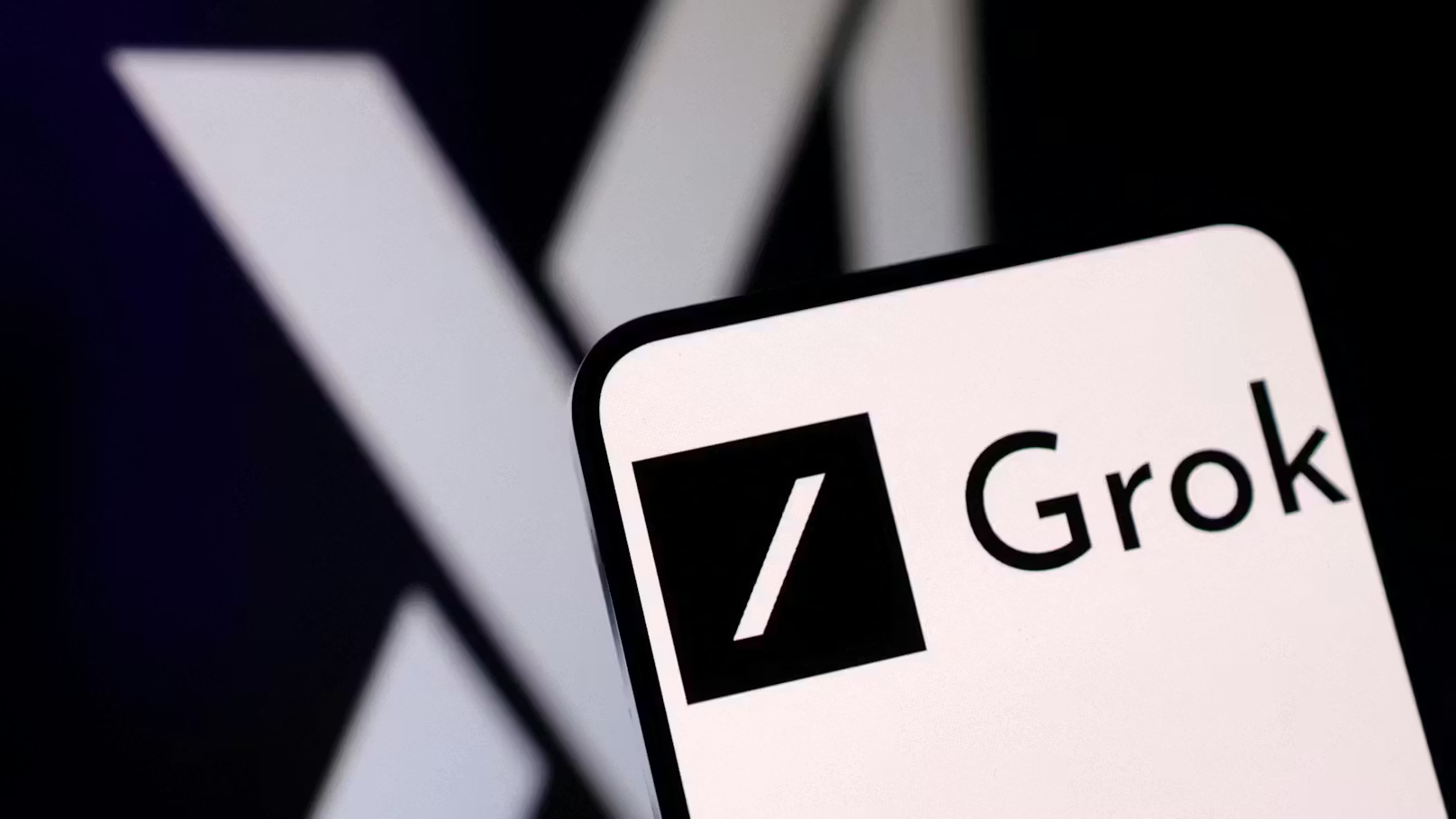Despite mounting competition from newly public exchanges like Gemini and Bullish, Coinbase maintains its stranglehold on American crypto trading—but that dominance is about to get expensive to defend.
Coinbase still commands roughly 55% of US crypto trading volume, a position built on first-mover regulatory compliance and institutional trust that competitors are only now matching. Yet this domestic dominance tells only half the story. Globally, Coinbase ranks behind Binance, Gate.io, and Bitget—a reality that suggests American traders have been paying premium prices for enhanced regulatory compliance and security.
New Public Players Reshape the Game
The competitive landscape shifted dramatically this fall. Gemini hit Nasdaq in September with ticker GEMI, bringing the Winklevoss twins’ regulatory-first approach to public markets. Bullish followed in August, earning analyst praise for institutional access and BitLicense credentials. Even private player Kraken eyes a $15 billion IPO, signaling that crypto’s Wild West days are ending. You’re witnessing an industry growing up, complete with quarterly earnings calls and SEC filings.
Premium Pricing Faces Reality Check
The financial implications become clear when examining competitive dynamics. Morningstar analysts warn that “regulatory clarity for cryptocurrency will remain a positive tailwind for volume, it will also likely lead to additional competition. Coinbase’s premium pricing will likely face increasing pressure.” Translation: that trust tax you’ve been paying might finally decrease. Competition typically drives innovation and lower costs—assuming these exchanges actually compete on fees rather than just marketing budgets.
The “Everything Exchange” Defense
Coinbase isn’t sitting idle while competitors multiply. The company dropped $2.9 billion on derivatives platform Deribit and $375 million on Echo, pursuing an “everything exchange” strategy that resembles Amazon’s playbook more than traditional finance. This M&A spree helped drive Q3 revenue to $1.8 billion—up 55% year-over-year with $433 million in net income. Smart money says Coinbase’s public status and regulatory relationships give it acquisition advantages that private rivals lack.
The crypto exchange wars are heating up just as the industry gains mainstream legitimacy. More competition should mean better products, lower fees, and fewer excuses for subpar service. Whether that actually happens depends on how these newly public companies balance shareholder profits against user experience—a tension that traditional finance hasn’t exactly mastered.




























